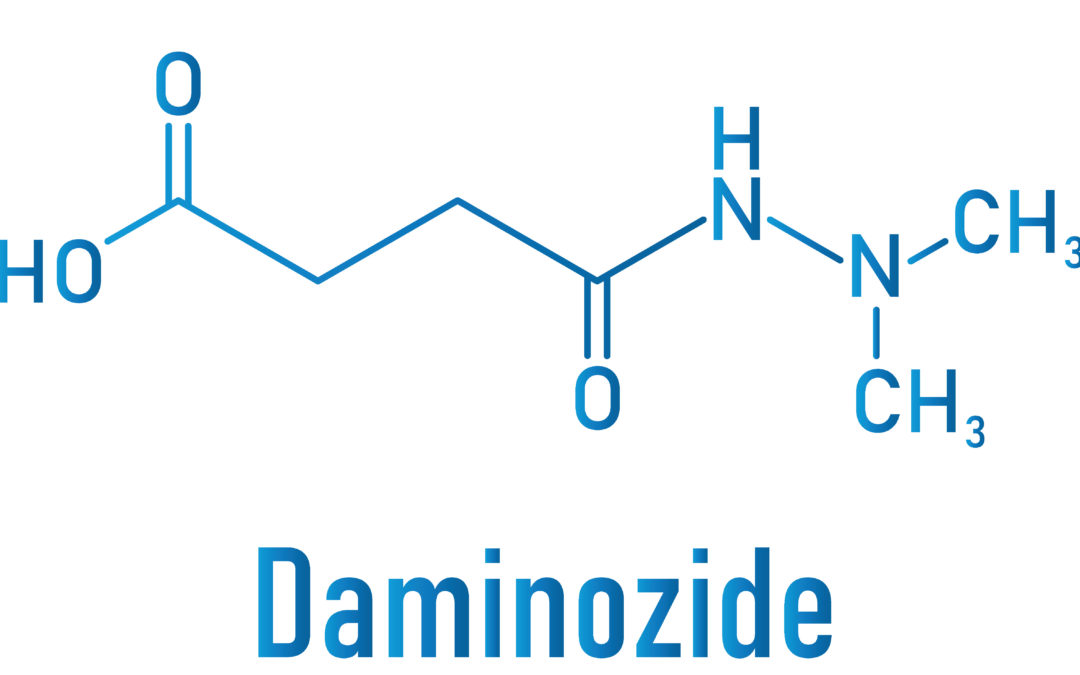To download the PDF Click here
The legislature is considering a bill (AB 1583) that would revise the rules governing certificates of merit. Currently anyone alleging a violation of Prop. 65 must complete a certificate of merit showing they have consulted with an appropriate expert who agrees that there is a reasonable and meritorious basis for the action. The party providing the notice must provide information backing up the certificate of merit to the state Attorney General’s office as part of the 60-day notice of violation they must lodge before filing a lawsuit.
The current law limits the alleged violator’s access to information in the certificate of merit to material that “is relevant to the subject matter of the action and not subject to the attorney-client privilege, the attorney work product privilege, or any other legal privilege.” An alleged violator may currently only pursue discovery of the basis of the certificate of merit during litigation if the court has undertaken its own review of the certificate
The new Bill would:
1) Require the California Attorney General (AG) to serve a letter to the noticing party and the alleged violator stating that the Attorney General believes there is not merit to the action, if, after reviewing the factual information alleged to establish the basis for the certificate of merit, and meeting and conferring with the noticing party regarding the basis for the certificate of merit, the Attorney General determines there is not merit to the action; and specifies that the Attorney General’s decision not to serve a letter shall not be construed as an endorsement of the action.
2) Provides that the basis for the certificate of merit is discoverable to the extent that the information is relevant to the subject matter of the action and not subject to the attorney-client privilege, the attorney work product privilege, or any other legal privilege.
3) Requires the Governor’s Office of Business and Economic Development to post, in a conspicuous location on its Internet Web site, any informational materials provided to businesses relating to a business’s obligation under state law, as well as a specified disclaimer.
4) Finds and declares that this bill furthers the purposes of Proposition 65, the Safe Drinking Water and Toxic Enforcement Act of 1986. .
The latest version of the bill also adds a requirement that the Governor’s Office of Business and Economic Development provide businesses information regarding their obligation to comply with Prop. 65. Hearings are scheduled in the senate for early July 2017.
We at Coleman & Horowitt, LLP regularly provide representation to injured parties. We would be pleased to discuss any questions you may have regarding this memorandum. If any such questions should arise, please feel free to call either Darryl J. Horowitt or Lucille G. Dimmick at (559) 248-4820, or by e-mail at dhorowitt@ch-law.com or ldimmick@ch-law.com
Established in 1994, Coleman & Horowitt is a state-wide law firm focused on delivering responsive and value driven service and preventive law. The firm represents businesses and their owners in matters involving transactions, litigation, agriculture and environmental regulation and litigation, intellectual property, real estate, estate planning and probate. The Firm has been recognized as a “Top Law Firm” (Martindale Hubbell) and a “Go-To” Law Firm (Corporate Counsel). From six offices in California (Fresno, Visalia, Sonora, Newport Beach, Bakersfield, and Los Angeles) and the Firm’s membership in Primerus, a national and international society of highly rated law firms (www.primerus.com), the Firm has helped individuals and businesses solve their most difficult legal problems. For more information, see www.ch-law.com and www.Primerus.com.
Disclaimer: This article is intended to provide the reader with general information regarding current legal issues. It is not to be construed as specific legal advice or as a substitute for the need to seek competent legal advice on specific legal matters. This publication is not meant to serve as a solicitation of business. To the extent that this may be considered as advertising, then it is expressly identified as such.

